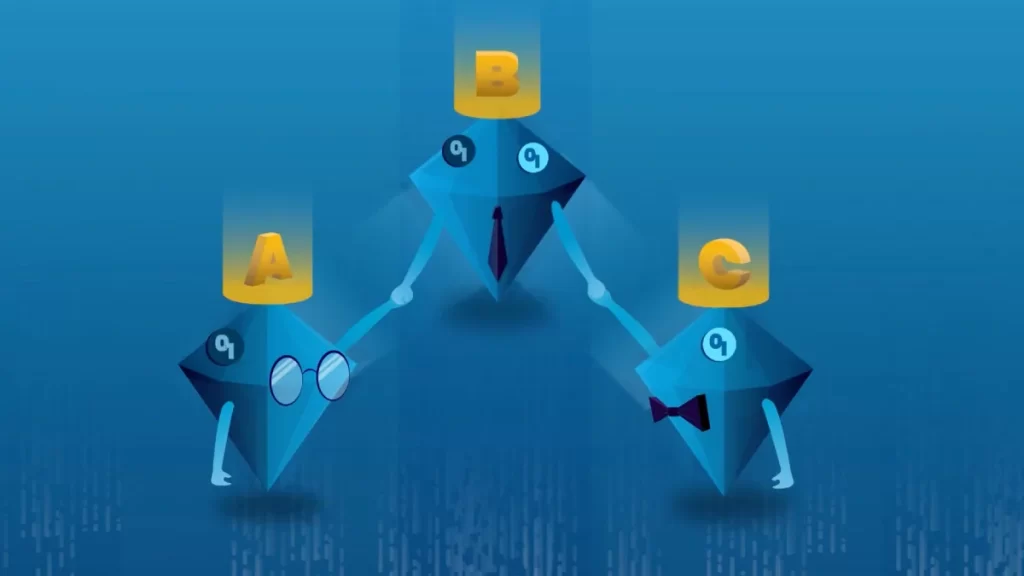Quantum Internet Breakthrough: Data Sent Between Two Network Nodes That Aren’t Connected
Researchers from Delft University of Technology have teleported quantum information across a basic network, taking a big step towards the quantum Internet. This accomplishment was made feasible by significantly increased quantum memory and improved quantum link quality between the network’s three nodes.

Delft University of Technology researchers have successfully teleported quantum information across a basic network. This is the first of its type, and a big step towards the quantum Internet. This accomplishment was made feasible by significantly increased quantum memory and improved quantum link quality between the network’s three nodes. The ability to transport quantum information between network nodes is what gives a future quantum Internet its power. This will open the door to a wide range of applications, including securely sharing private information, connecting several quantum computers to boost processing power, and the use of highly precise, linked quantum sensors.
Small quantum processors make up the nodes of such a network. It’s not straightforward to send quantum information across these processors. One option to do so is to communicate quantum bits using light particles. But due to the unavoidable losses in glass fibre cables, the light particles are unlikely to arrive.
Teleportation is a more efficient approach to transport quantum data. The quantum teleportation protocol gets its name from its resemblance to teleportation in sci-fi movies: the quantum bit vanishes on the sender’s side and reappears on the receiver’s side.
The researchers, working at QuTech—a collaboration between the Delft University of Technology and the Netherlands Organisation for Applied Scientific Research (TNO)—have published their findings in the journal Nature.
The researchers used an intermediate node called ‘Bob’ to transfer quantum bits from node ‘Charlie’ to node ‘Alice’.
The process has been explained in a video shared on QuTech’s Twitter page.
A report states that there are three steps to teleportation. First, the teleporter must create an entangled state between Alice and Charlie. Though Alice and Charlie are not physically connected, they are both linked to Bob. Alice and Bob accomplish this by tying their processors together. After that, Bob and Charlie become intertwined. Bob then transmits the entanglement on as it was by performing a particular measurement in its processor. The teleporter is now ready to be deployed, and Alice and Charlie have become entangled.
The ‘message’ — the quantum bit — to be transported is created in the second phase. This quantum data is prepared by Charlie.
The actual teleportation from Charlie to Alice is the third step. For this, Charlie uses its quantum processor and half of its entangled state to perform a joint measurement with the message (Alice has the other half). As a result of this measurement, the information on Charlie’s side vanishes and reappears on Alice’s side instantly.
You might believe that everything is finished, but this is far from the case. In fact, the quantum bit was encrypted during transmission, with Charlie’s measurement result determining the key. As a result, Charlie sends the measurement result to Alice, which then performs the appropriate quantum operation to decode the quantum bit. The quantum information is ready for use after Alice has completed the proper operation.



